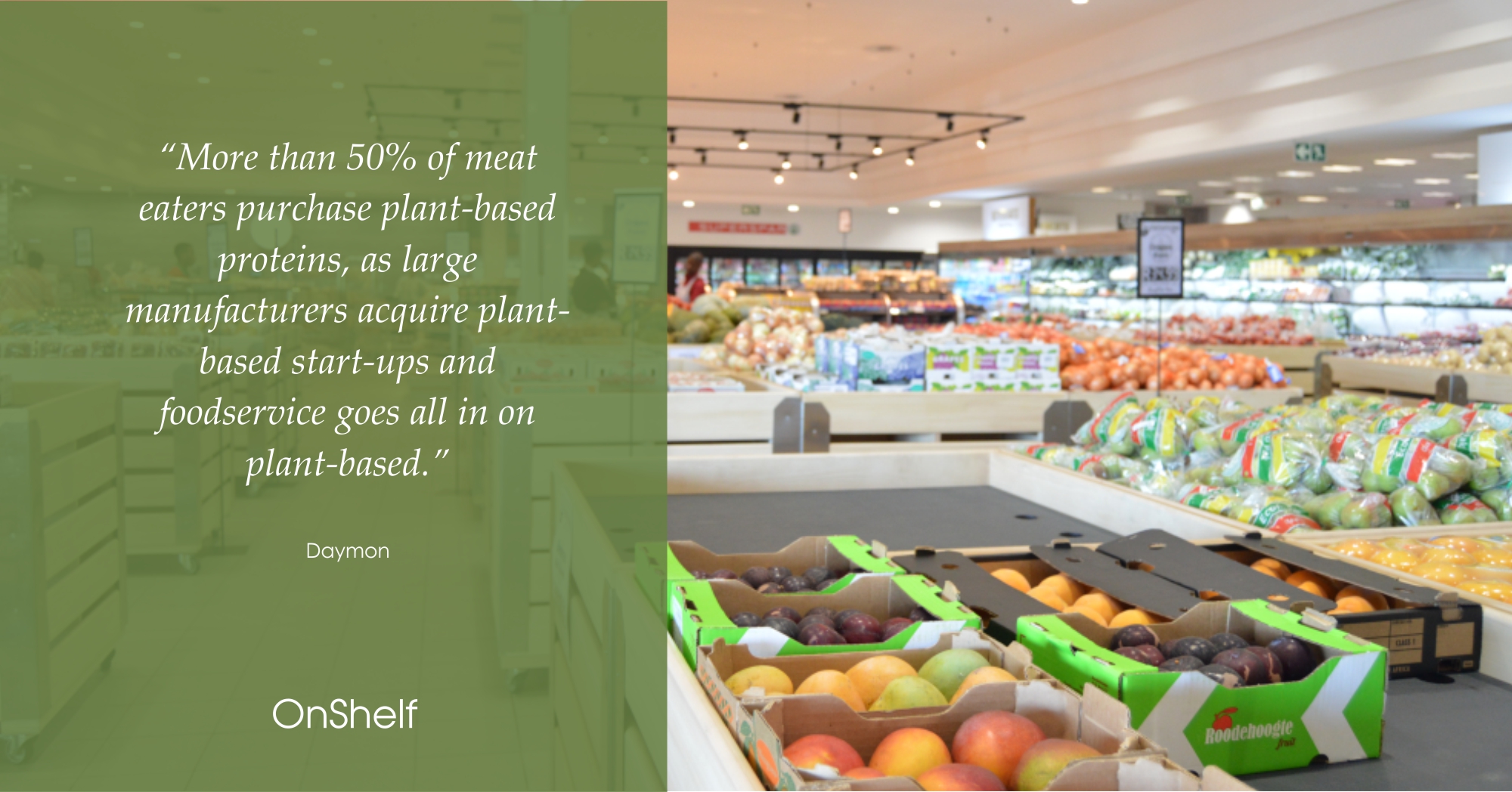With news of Uber choosing Hyundai to build its Air Taxi Fleets, the reality that brands cannot be just one thing in 2020 is reinforced. Businesses need to evolve rapidly – whether it’s radically reaching out into different sectors, co-branding or taking to the skies to secure domination in previously non-existent markets.
PwC calculates 1.5 million people are added to the global urban population every week so the age of the flexi-brand is vital just to accommodate new consumers. Businesses need to think outside the thesaurus, being creative about a future evolving from Outliers who, “Operate at the extreme outer edge of what is statistically plausible” – to précis Malcolm Gladwell. How are we to be creative about things which have never existed before? Here are four ways brands at the forefront of the art of the brand pivot are doing it.
- Constantly Carving Out a Market Niche
On the first day of CES (Consumer Electronics Show) 2020 Uber – the “ride-sharing-food-delivery-freight-shipping company”- made public their partnership with Hyundai to develop the Uber Air Taxi, something similar to a helicopter, allowing customers to travel off-road, with the aim of taking to the US skies by 2023.
This news follows on the slipstream of start-up Volocopter raising funding of €50 million led by Geely (the Chinese parent company of Volvo Cars) which adds to the $30 million already invested in Volocopter by Daimler (the parent company of Mercedes-Benz) in 2017. These are just some of the key players in a massive new industry with opportunities for smart businesses in the fields of everything from safety to smart seat covers to onboard entertainment.
- Consumption Re-imagined
Formula One (F1) F1 has leveraged the “consumption re-imagined” bar high with their pledge to go carbon neutral by 2030 with a goal which, “Not only ensures it has a net carbon impact of zero by 2030 but will also adopt policies to make all Grands Prix fully sustainable by 2025.” For a sport producing 256,000 tons of CO2 each season, and transporting 10 teams and equipment to 21 races around the globe, this commitment shows a seismic shift in the current-consciousness of big and small business which will play a critical (think intensive care for the planet) role in 2020.
- Connective Technology Playground
There are now seven times as many connected devices on the planet as people (Cisco). Once you’ve let that sink in, it seems obvious that agile businesses will be looking to create products which enhance the user tech experience. The global smart home tech market in the US alone is forecast to grow to US$53.45 billion in size by 2022 as people want smart fridges, mattresses and everything else.
A business more than embracing smart tech is Adobe who, a decade ago, was a successful multimedia software company. They’ve reinvented themselves in the cloud and their products dominated at CES 2020, including a Smart Security Kit with an Indoor / Outdoor weather resistant Smart Camera which doubles as a doorbell. John Murphy, CFO of Adobe, propelled the company into the smart tech space by creating a Finance Tech Council which, “Identifies, selects, and prioritises processes that benefit from digital technologies, including bots, analytics, and artificial intelligence.”
- Future Fresh Retail
As someone in the FMCG space I’m always interested in what the global trends are and there’s no mistaking the “fresh” wave washing over supermarkets both overseas and locally. Daymon’s “What’s Next in Fresh” report highlights three ways sparking growth for retailers in 2020:
- Plant-based fundamentally reshaping fresh to catalyze growth.
- “Craft” (product and experience) setting the new standard for quality throughout fresh.
- Opportunity knocks for foodservice – with the potential to save brick and mortar from the e-commerce threat.
Locally, the Shoprite chain Checkers is embracing “fresh” as part of their strategy with their flagship store in Constantia and Checkers Hyper in Sandton making headlines. Along with in-store design enhancements, energy-efficient lighting and 100% recyclable and compostable paper bags, they also have fresh artisanal bread, baristas serving delectable coffee, a market section with a test kitchen and a sushi bar. The plan is for over 60 Checkers stores to be renovated into “FreshX” concept stores, a brave brand pivot on their part.
With all that in mind we’ll need to be yogic in our flexibility to remain relevant, and agility should be a job description on everyone’s CV.
Eben Esterhuizen, General Manager, OnShelf Pharma
Note to the Editor:
The OnShelf Group’s foundation is as an FMCG specialist and they thrive by having a culture of tenacity with a smart solution oriented approach. They are a preferred healthcare sales agency as well as operating within the Retail, Liquor and Fresh FMCG spaces.
https://www.linkedin.com/company/onshelf
https://www.facebook.com/OnShelfSA





